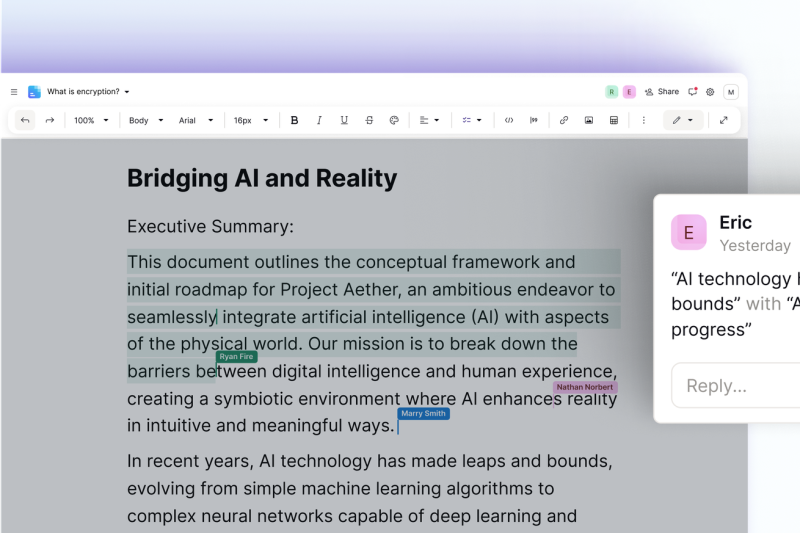Proton, a well-known company for its commitment to privacy and security, has recently launched a privacy-focused alternative to Google Docs. This new offering comes at a time when concerns about data privacy and security are at an all-time high, with many users looking for alternatives to tech giants like Google who may not prioritize user privacy.
Proton’s new product, which is still in its early stages, aims to provide users with a secure and private platform for creating and sharing documents. The company has emphasized that the new service will not track user data or sell any information to third parties, in stark contrast to many other online document collaboration tools that rely on data collection for advertising purposes.
One of the key features of Proton’s alternative to Google Docs is end-to-end encryption, which ensures that only the intended recipients can access and view the documents. This is a crucial feature for users who prioritize confidentiality and data security in their online activities.
Moreover, the new platform by Proton offers a range of collaborative features, allowing multiple users to work on the same document simultaneously while maintaining the privacy and security of the data. This will be particularly beneficial for businesses and organizations that handle sensitive information and need a reliable tool for document collaboration.
In addition to its privacy-focused approach, Proton’s alternative to Google Docs also promises a user-friendly interface and seamless integration with other Proton products, such as ProtonMail and ProtonVPN. This cohesive ecosystem is designed to provide users with a comprehensive set of privacy-focused tools that cover various aspects of their online activities.
While the new product is still in the early stages of development, it has already generated significant interest from privacy-conscious users who are looking for alternatives to mainstream services that may compromise their privacy. As Proton continues to refine and expand its privacy-focused document collaboration platform, it is poised to become a viable option for individuals and organizations seeking a secure and private alternative to Google Docs and similar services.
In conclusion, Proton’s new privacy-focused alternative to Google Docs represents a significant step forward in the quest for secure and private online document collaboration tools. With its emphasis on end-to-end encryption, user privacy, and seamless integration with other Proton products, this new offering is well-positioned to meet the needs of users who value privacy and security in their digital interactions. As Proton continues to develop and enhance its platform, it is likely to attract a growing number of users who are eager to protect their data and communication channels from prying eyes.




























